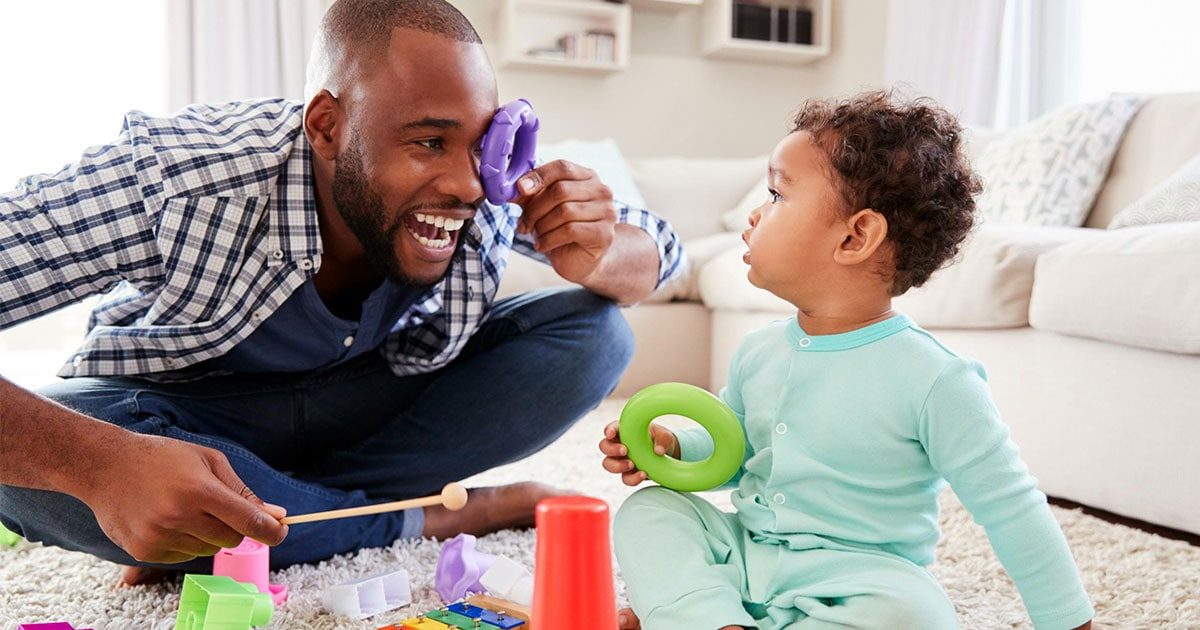Most parents don’t take their child to their first dental visit until they’re over the age of 2. Both dental and medical professionals recommend that this first dental visit take place much earlier.
The American Academy of Pediatric Dentistry suggests that a child should go to their first dentist visit:
- By the time they are 1 year old or,
- Within six months after their first tooth surfaces.
Every child is different, so there is no exact correct age to first take your child to the dentist. We at ICTeeth provide you all you need to know on when you should take your baby to their first dental visit.
When Should I Start Taking My Child to the Dentist?
Lots of parents postpone their baby’s first dental visit for a variety of reasons, including:
They don’t see the necessity. Some parents believe their child’s current dental hygiene routine is adequate. They may believe their child doesn’t have enough teeth yet for a dentist visit to be worth it.
They don’t think their child can handle it. Parents may avoid the dentist out of fear or embarrassment of how their child may respond to the unfamiliar environment of a dentist office.
Even if you think your baby’s teeth look healthy, underlying problems may be present. If you aren’t sure what to look for, you may overlook signs of tooth decay. A professional will be able to see the early signs and prevent them from escalating. Also, don’t be embarrassed of your child crying in the clinic: it happens all the time, and pediatric dentists and staff know how to calm children down and help them relax!
Signs to Look For
While you should take your baby to the dentist by age 1 regardless, don’t shy away from an earlier visit. Take your child in for a visit especially if you notice the following signs:
- Toothache: Your baby can’t clearly communicate their pain to you. However, if they experience constant distress for an unidentifiable reason, a toothache may be the culprit. Tooth decay caused by a bacteria-ridden baby bottle is a major cause of toothaches in infants.
- Lip sucking: Constant lip sucking could be a sign of abnormal alignment of their teeth. A dentist can condition your child to break this habit naturally, so it doesn’t create more serious issues down the road.
- Abnormal gums: Swollen, red, or bleeding gums are indicative of plaque buildup that needs attention as soon as possible.
- Tooth discoloration: Discolored teeth may lead to tooth decay if not treated efficiently.
How to Prepare for Your Baby’s First Dental Visit
If you are taking your child to the dentist for the first time as an infant, they won’t be apprehensive about the occasion. You can prepare for the appointment by simply researching and selecting a trustworthy dentist.
If you have waited and are taking your child when they are a little older, they will be more aware of what’s happening. Your baby’s first dental visit can be intimidating for both you and your older child. There are several ways to prepare for their impending appointment:
- Exposure: Before they are the patient, take your child with you to your own dentist appointment. Let them become familiar with the environment of an office and see there’s nothing to fear!
- Facilitate learning: Tell your child what they should expect. Be honest and enthusiastically answer any questions they have. Offer incentives for good behavior.
- Practice: Prepare them for their first visit by taking turns playing the role of patient and dentist. Examine their teeth and let them examine yours. Doing so helps them become comfortable with the idea of a real dental examination.
What Happens if You Delay Your Child’s First Dental Visit
Primary teeth, also known as baby teeth, are important to your child’s overall health. Having healthy primary teeth allows your child to:
- Chew properly and receive adequate nutrition from different types of food
- Develop proper speech patterns
Delaying your child’s first dental visit can allow problems to develop like:
- Lisps
- Teeth grinding
- Tooth infections
- Lazy oral hygiene practices
What to Expect at the First Visit
In the dentist’s office, a hygienist allows your child to get comfortable with the office. Your child can sit on your lap if they won’t sit still on their own.
Once comfortable, a dentist will:
- Look at your child’s teeth and gums for any signs of tooth decay
- Examine your child’s jaw and bite to diagnose issues that may affect speech patterns
- Talk to you about the best diet and oral hygiene habits for your child to follow
How Often Should My Toddler Go to the Dentist?
A baby’s first dental visit sets a precedent for their future oral health. After the first visit, you should take them to regularly scheduled appointments. Just like adults, toddlers should ideally come in for a visit every 6 months. This allows professionals like us to keep their teeth clean and cavity-free and catch any issues early.
DON’T DELAY YOUR CHILD’S FIRST DENTAL VISIT ANY FURTHER
Get them in to see a professional as soon as possible. It benefits their long-term oral health and saves you stress and money! Contact ICTeeth to schedule your child’s dental visit today.

